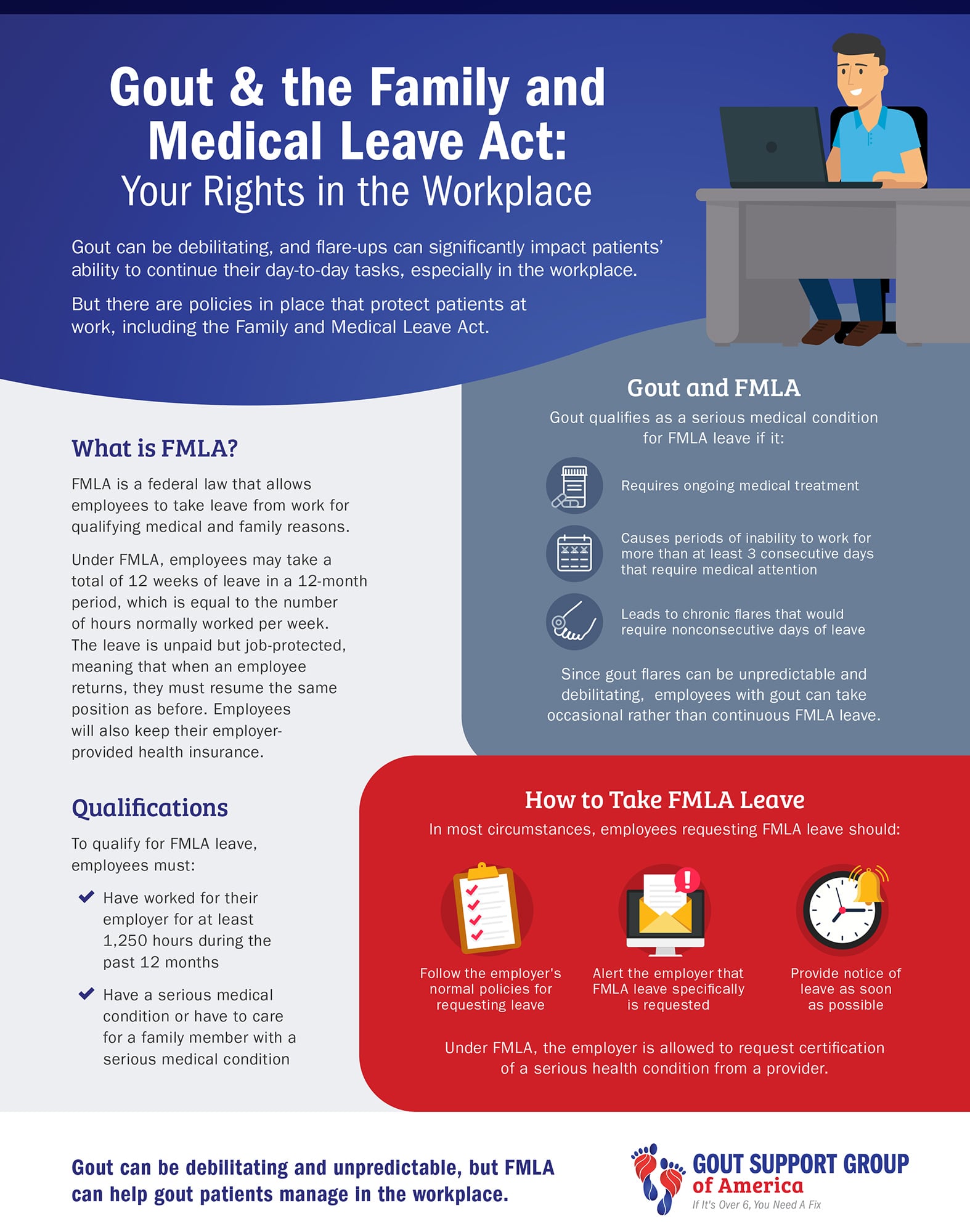Featured
Articles
What other patients are reading next
Don’t just learn about gout, start your gameplan
Our Gout Journey Roadmap walks you through exactly what to do based on where you are right now.
Clicking through resources is a great start, but when you’re ready for step-by-step support, the Roadmap is where things finally click.
Whether you’re unsure if it’s gout or trying to break the flare cycle, this expert-backed guide shows you what to do and why it matters, with zero fluff.
Just choose your phase and get a clear path forward.
One question,
zero pressure
But if you answer you'll earn 10 invisible cool points ;)


